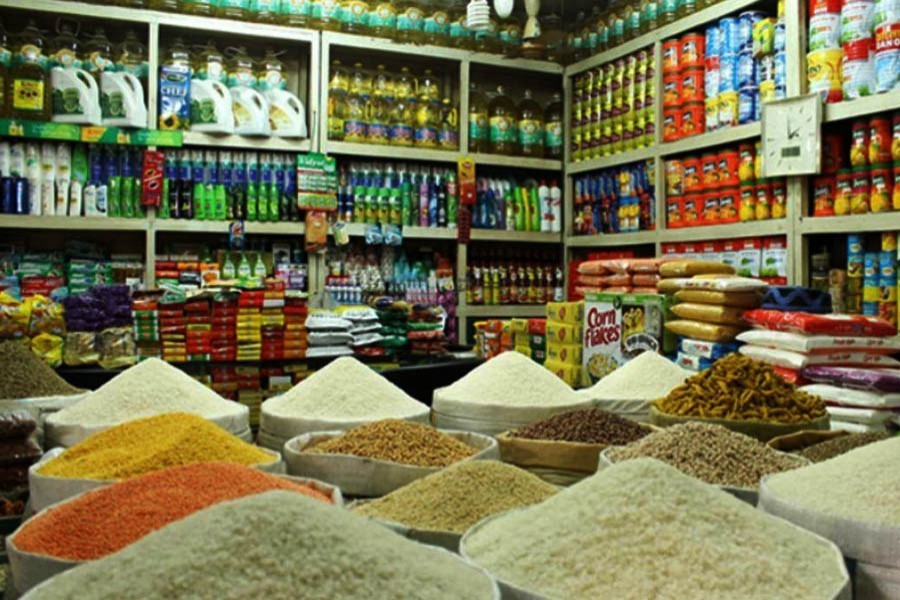
Published :
Updated :

As the saying goes, old habits die hard. This is particularly true for market manipulators in Bangladesh. They are once again playing their old nasty trick of creating artificial crisis to drive up prices, and this time, their target is soybean oil. It has been reported that citing price hikes in the international market, traders demanded an increase in the price of bottled soybean oil. However, when the government refused to meet their demand, they abruptly halted the supply of edible oil in the market. In response, the government lowered import duties on palm and soybean oil by Tk 10-11 per litre to help control market prices. Despite the substantial reduction in import duties, imports have not increased. Moreover, as media reports inform, bottled soybean oil has disappeared from shelves in local markets. Clearly, this carefully orchestrated shortage is designed to create pressure on the government to raise the price of edible oil. This deceptive tactic has worked well for unscrupulous traders during the corrupt Hasina regime. But the interim government, formed in the spirit of student-mass uprising of July-August, cannot afford to accept or tolerate such reckless profiteering tendency.
When the interim government took over in August, there was hope among the public that it would put an end to market syndicates and bring commodity prices within the reach of ordinary citizens. The government, in fact, has taken a series of initiatives to rein in the galloping inflation, such as tightening the money supply, reducing import duties, and enhancing market monitoring. Import duties on several essential products including rice, potato, onion, oil, egg, and sugar have been cut drastically. According to an estimate, a recent cut in import duties on seven products would result in a revenue loss of approximately BDT 20 billion (2,000 crore) in a single fiscal year. But its intended benefit is not reaching the public as imports did not increase as expected. Worse still, the prices of domestically produced goods are also on the rise. In recent weeks, the prices of essential items such as rice, potato and vegetables have soared to unprecedented levels. Overall, food inflation reached 12.66 per cent in October, raising concerns that the situation may worsen further in the coming months, particularly during Ramadan.
Now, why are importers not increasing imports even after the reduction in import duties? The simple answer is that the government has yet to break the back of the oligopoly that took root in the market during the Hasina government. The import of essential food items is still largely dominated by a select group of companies, leading to a lack of competition in the market. Moreover, some business tycoons, who benefited from the previous government, seem reluctant to cooperate with the new government's efforts to stabilise the market as their wrongdoings are being exposed. It is, therefore, imperative for the government to break this oligopoly in order to ensure fair competition in the market and protect consumer interests. The government should engage with genuine businessmen and encourage them to enter the food supply chain aimed at ensuring adequate supply and fair competition in the market.
Much as the common people may support the present government, their primary concern is to get relief from the gnawing price hike at the end of the day. If the government fails to stabilise the market, no matter how much progress it makes in reforming state policies, it risks losing public support. Stabilising market, therefore, is not a choice but an imperative.


 For all latest news, follow The Financial Express Google News channel.
For all latest news, follow The Financial Express Google News channel.